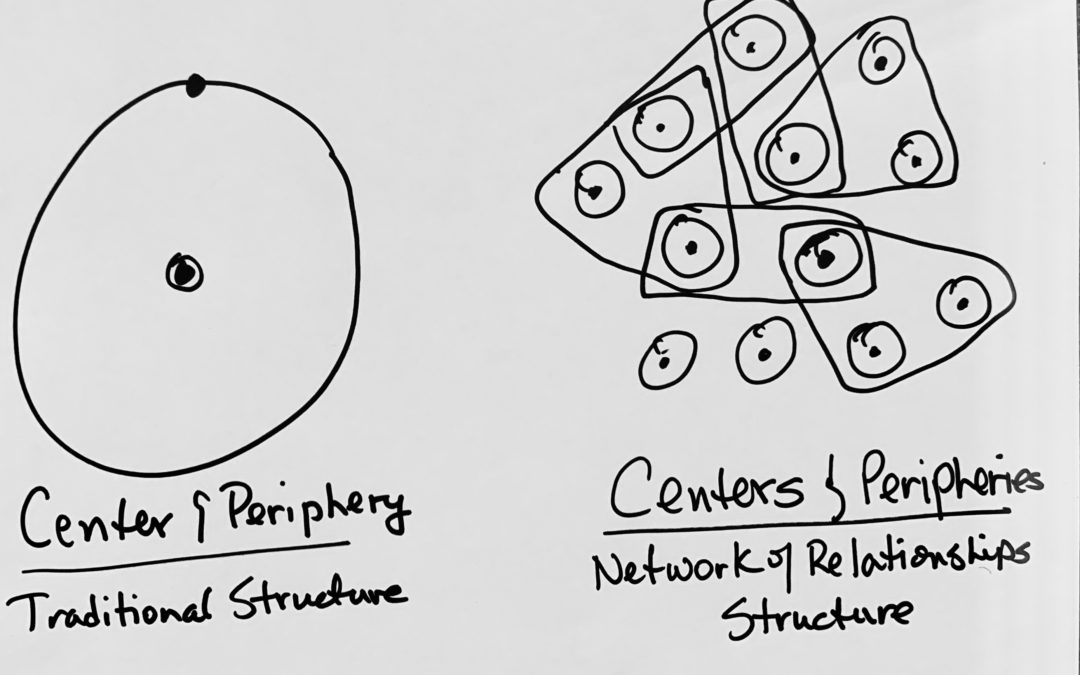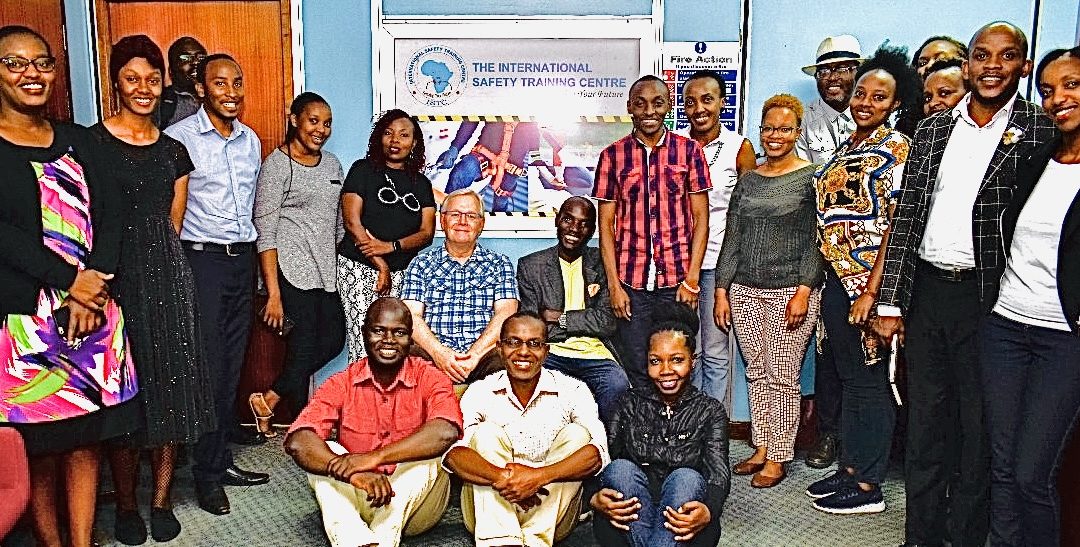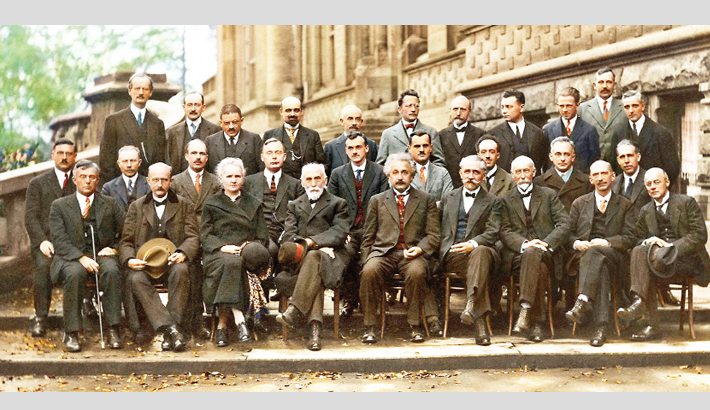


A Conversation with WTOB Piedmont Perspectives
In 2020, I moved back to my home state of North Carolina. I live about 45 minutes from where I grew up. As I have reconnected with people, I was invited to have a conversation with local radio station WTOB in Winston-Salem, my home town. I hope you enjoy it. If you...
The Future of Leadership – New Substack Venture
Several weeks ago, I began a new writing venture. The Future of Leadership with Ed Brenegar The reason I chose Substack is to expand my audience. I want to write for people who think for themselves and who are willing to change to support their families and...
The Future of Leadership
The future of leadership is not its past. Complexity and dynamism are forcing our world to change. Many organizations and nations will not survive.
Two of my African colleagues have commented to me recently about their optimism for the future of their continent. One told me that 70% of Africa is now under 30 years of age. The other said that by the year 2050, there will be one billion people in Africa under the age of 25.
As I try to make sense of what these numbers mean for the future of Africa and the world, I realized that it points to a dramatic change in how we develop and deploy leaders. Not only how we develop them, but the kind of organizations that they will be willing to work in. This is a discussion that we need to have.

Four Reference Points
I have been fascinated with people who start things. It is embedded in my definition of leadership.
“All leadership begins with personal initiative …’
However, to start something is to recognize that there is a reason for doing so. Some things we start are experimental projects to see what works. Others are business ideas that we think will gather loyal customers. Then there are those people who love to solve problems.
…
To solve a problem is to respond to a creative drive that resides in each of us. Starting something new is the same impetus. We make a decision to resolve a question that we have in our mind.

